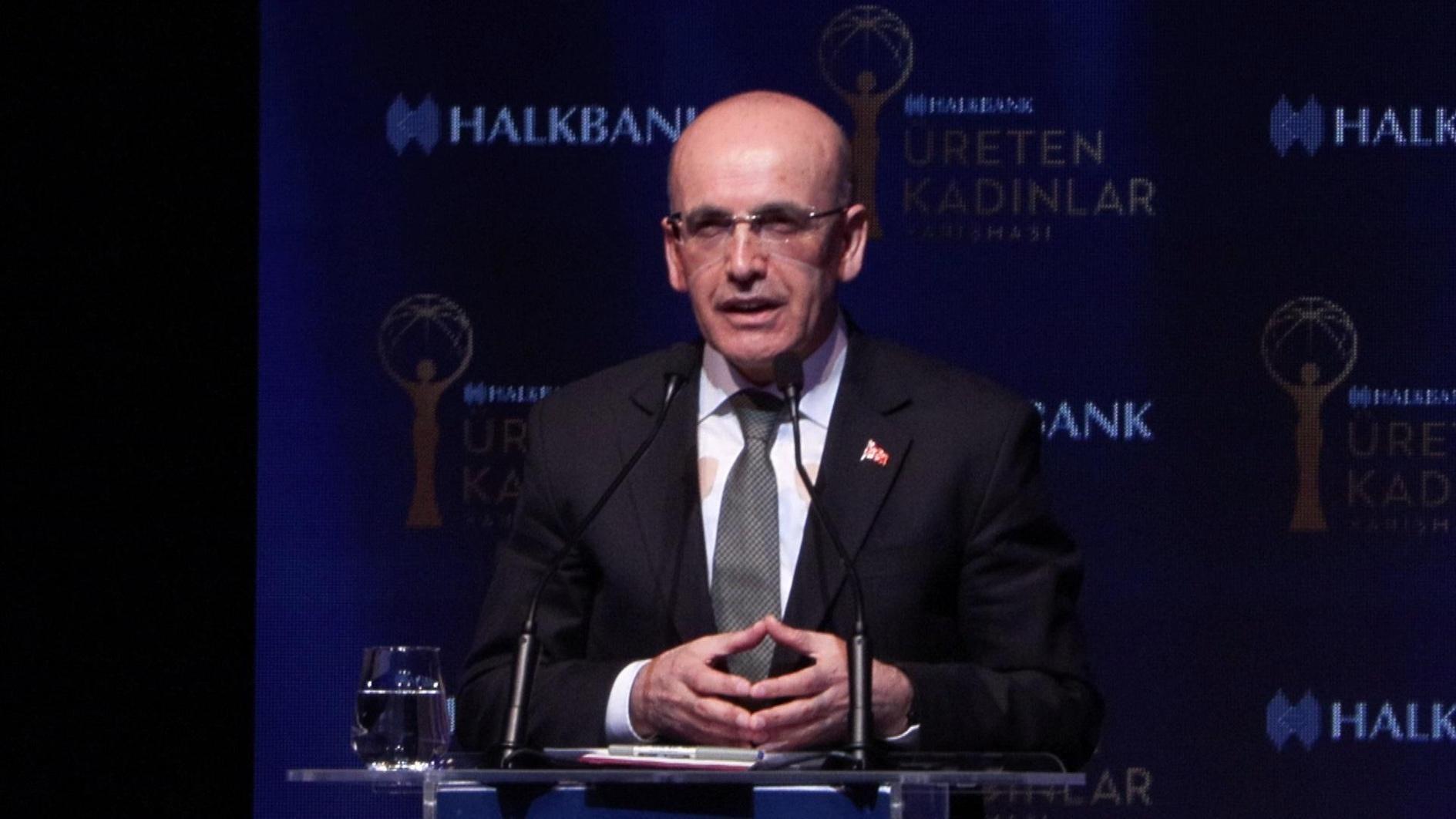Future of Turkish-US ties looks bad either way
Americans go to the ballot box today to elect their new president. Many argue that the choice is between bad and worse.
Whatever the outcome, the result will reverberate around the world. Ironically, if the person billed as the “bad choice” wins, many will breathe a sigh of relief because the person considered the “worse choice” does indeed appear to be that.
At the end of the day, Hillary Clinton is a known quantity, having served in Congress and as the U.S. Secretary of State. Like her or despise her, sensible Americans appear to have no choice but to vote for her, given her opponent.
Donald Trump is what Americans might call a “windbag” who has captivated his audience by pandering to the lowest fears of what many have referred to as “little America.” He has said dreadful things about Muslims, minorities and women. He has said things he cannot back-pedal on, no matter how much he tries.
Because of this, many famous Americans, from socially aware movie stars to academics and analysts, cannot find enough nasty adjectives to describe him. Trump tries to give the impression that he actually thrives on these insults. It is doubtful, however, that Americans will be happy with a president who has been called a “pig” and a “dog.”
Trump also demonstrates a crisis of democracy, which we in Turkey are not exempt from either. His populism has carried him to heights he is not worthy of. He is also supported by a class of Americans that he himself has nothing to do with, having been born with a silver spoon in his mouth.
Another irony is that those who support him are generally “God fearing Americans,” who nevertheless appear ready to forgive his less-than-religiously-ethical behavior.
On the other hand, Trump’s foreign policy is anyone’s guess. He says he will “make America great again in the world,” and considers this catchy but ultimately hollow slogan to be enough in the absence of any coherent policy targets.
Clinton may not be the one who will “make America great again,” but this is not what her sensible compatriots and the world expect from her. They expect her to simply make the U.S. respectable again, especially with positive engagements around the world.
Many say that if she wins it will be more or less business as usual in Washington, and that she will continue from where the Barack Obama administration left off. There are indications, however, that this may not be the case.
Obama has been criticized for his “hands off” approach to the crises in Iraq and Syria, and for being less engaged in the Middle East. There are many in the region who argue that he has not shown the necessary international leadership in a time of crisis.
His own Secretary of State John Kerry believes that the U.S. should have been more engaged. Clinton’s difference will most likely be in this regard. She is expected to have a more “hands on” approach to crises in this part of the world, and work more closely with regional allies to achieve her aims.
One regional ally she will have problems with if she wins – and this also applies to Trump – will be Turkey. The two countries are currently on such different wavelengths on key issues that this will most likely continue to be the case in the foreseeable future.
Some in the Turkish media have suggested that they would like Trump to win, despite his remarks about Muslims. Those who support Trump in this way don’t do so because they believe his policies will be better for Turkey. They do so with the anticipation that he will ultimately be bad for America, a country that a majority of Turks appear to hate more and more with every passing day.
This kind of prevalent sentiment – spurred on actively by the government in Ankara - does not portent well for the future of Turkish-U.S. ties, no matter who wins. Ankara-Washington ties thus seem to be destined for serious turbulence, one way or another, after today’s elections.











